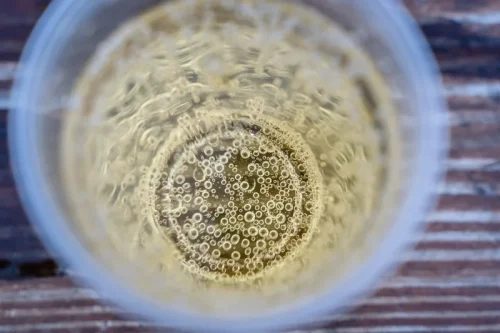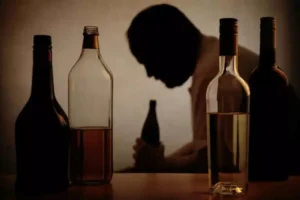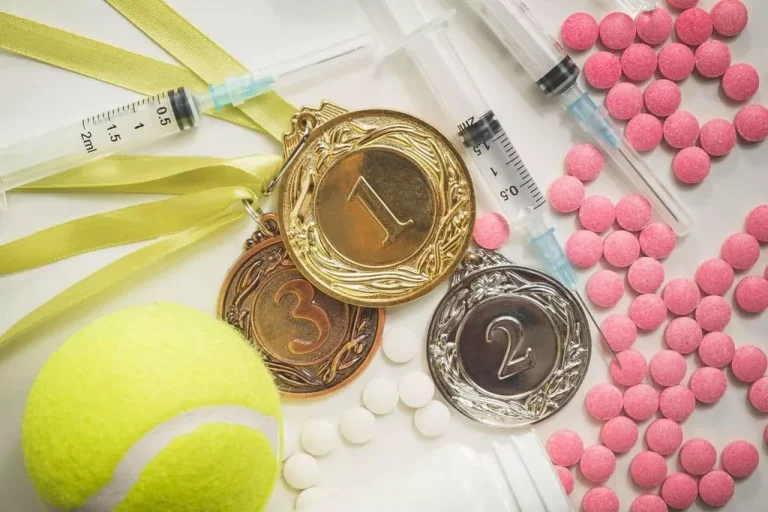
After four weeks of hair growth without the effects of alcohol, your hair may appear fuller and more supple. By week three, you will have saved about $450–$600 from not buying alcohol. Your calorie intake will be about 9,000 calories less, leading to a potential drop in weight of about three pounds. While you will still likely have some alcohol cravings, you will probably feel pretty good about quitting alcohol.
How long until your liver detoxes from alcohol?

While any scarring caused by liver inflammation (called cirrhosis) will be permanent, the effects of inflammation itself will be almost completely resolved by week four. Your insurance plan may cover some or all of the cost of treatment for drug or alcohol addiction. Our online health insurance verification system will estimate your in-network and out-of-network deductibles, coinsurance percentages and out-of-pocket maximums. Within 5 minutes, you’ll receive an email with these details – free of charge. If it’s winter, you may notice fewer colds than in the past, but in warmer months, the changes may be more subtle, but that doesn’t mean they aren’t there.
Your Liver Will Start to Repair Itself

The “One Week No Booze Method” recently went viral on TikTok and participants are challenged to stop drinking for one week each month. This method adds up to three months a year without alcohol, it could be an option for people who want to continue taking manageable breaks from alcohol beyond Dry January. Here’s a timeline of how your body might react after you stop drinking alcohol. Mild withdrawal symptoms often begin within 6 to 12 hours after your last drink. This article discusses the causes, common symptoms, and different stages of alcohol withdrawal. It also discusses various treatment options for alcohol withdrawal and how you can get help.
Severe Symptoms
Alcohol withdrawal (alcohol withdrawal syndrome) is a range of symptoms that can happen if you stop or significantly reduce alcohol intake after long-term use. Alcohol withdrawal causes a range of symptoms when a person with alcohol use disorder stops or significantly decreases their alcohol intake. The symptoms can range from mild to severe, with the most severe being life-threatening. While this is often a time people experience much higher quality sleep, it’s also common to have vivid dreams of drinking alcohol and wake up disoriented.
You will probably be well out of withdrawal and mostly recovered from the ordeal. By this point, you will have had about 6,000 fewer calories than you would https://ecosoberhouse.com/ have previously during a two-week period. Saving the money you would have spent on alcohol will provide you $300–$400 or more by this second week.
Medications to Ease Withdrawal Symptoms
- “There’s a high correlation between alcohol use disorder and other mental disorders, including depression and anxiety,” Dr. McGrath explains.
- Around day 10, you might experience your first full night of quality sleep.
In this article, we’ll talk about the health risks that come with drinking and the benefits of quitting alcohol. Even if you know that there are benefits to quitting alcohol, it does not mean that it’s easy to stop drinking—especially if you’ve been misusing alcohol for a long time. They can recommend treatment options that can help, including therapy and medications. There are many benefits to giving up alcohol, both short-term and long-term. If you’re considering quitting drinking, these benefits may be just what you need to help you decide.
Maintain a healthy diet

Around day 10, you might experience your first full night of quality sleep. You might realize you’re having more dreams than you did before, and waking up feeling more rested and energized. Often people have more sex, and enjoy it more, when they’re sober. Alcohol interferes with your ability to feel sexual stimulation and can delay orgasms. People may notice they have more energy, so sexual function can be improved by stopping drinking. Heavy drinkers usually have tell-tale signs; they often look red-faced or puffy with bags under their eyes.
Mental Health Effects When You Stop Drinking
These effects can also be exacerbated if you have a mental health diagnosis like bipolar disorder, he says. Alcohol dependence can make it harder to think or remember things. Over time, heavy drinking can cloud your perception of distances and volumes, or slow and impair your motor skills. It can even make it harder for you to read other people’s emotions.
- They can recommend treatment options that can help, including therapy and medications.
- It also may ease any depression and anxiety and elevate your self-esteem.
- The dehydrating effect of alcohol affects your skin and your hair significantly.
- The effects of being well-hydrated will continue to build, having more positive results as you continue sobriety.

Feeling at your best physically can boost resilience and emotional strength, equipping you to weather challenges that trigger the desire to drink. Letting others know about your choice to stop drinking may help motivate you to stick with your decision. What’s most important is looking at your drinking habits and finding a way to cut back that works for you. Keep it interesting and varied with sparkling water, virgin cocktails (also known as mocktails), fruit juices, low-fat milk, or kombucha. Keep a list of emergency phone numbers on hand that includes contact info for your doctor, the police, a nearby hospital, and someone you trust. And consider joining a support group such as Alcoholics Anonymous.
- You may also receive other medications or treatments for related health issues, like IV fluids for dehydration and electrolyte imbalances or antinausea medicines if you experience vomiting.
- She said that patients who survive and make an effort to avoid alcohol can still improve liver function, even though the healing could take months.
- Beyond the safety considerations, medical detox is a more comfortable, pleasant experience.
Stopping alcohol will reduce the number of empty calories that you consume. Not only will you reduce your overall calorie intake, but you will also likely replace some of these calories from healthier sources. This will lead to improved nutrition, which can profoundly what happens when you stop drinking alcohol impact your overall health, especially over time. While there are many potential benefits that you should expect to see in your first month of sobriety, the positive effects of stopping alcohol will continue to follow you and grow throughout your life.


